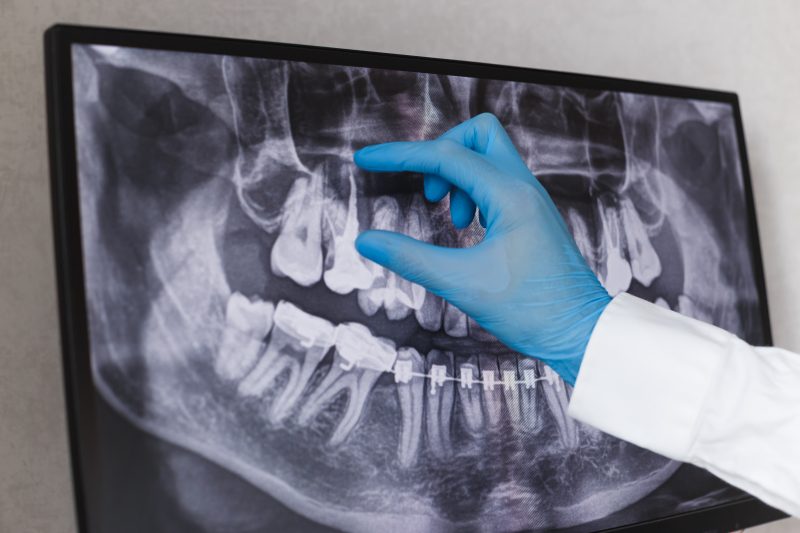
Dental assistants play a crucial role in the field of oral healthcare, working alongside dentists and dental hygienists to provide essential support and care to patients. In this blog post, we will explore the vital role dental assistants play in ensuring quality oral healthcare. From assisting during dental procedures to patient education and administrative duties, we will highlight the diverse contributions of dental assistants in promoting optimal dental health.
- Chairside Assistance:
One of the primary responsibilities of dental assistants is providing chairside assistance to dentists during procedures. They work closely with dentists, passing instruments, preparing materials, and ensuring a smooth workflow. For example, during a dental filling procedure, a dental assistant hands the necessary instruments to the dentist maintains a clear field of vision, and suctions excess saliva, ensuring the dentist can focus on the procedure.
- Patient Care and Comfort:
Dental assistants also focus on providing exceptional patient care and comfort. They establish rapport with patients, ensuring their comfort and addressing any concerns or anxieties. For instance, when a patient feels anxious about a dental procedure, a dental assistant may engage in conversation, offer reassurance, and provide distractions like music or television to help alleviate their anxiety.
- Dental Radiography:
Dental assistants often perform dental radiography, capturing X-rays and other diagnostic images under the dentist’s supervision. These images are essential for accurate diagnoses and treatment planning. For example, a dental assistant may position the X-ray sensor in the patient’s mouth, ensuring proper alignment and instructing the patient to hold still during the imaging process.
- Oral Hygiene Education:
Patient education is a key aspect of a dental assistant’s role. They provide oral hygiene instructions and educate patients on preventive dental care practices. For instance, a dental assistant may demonstrate proper brushing and flossing techniques, explain the importance of regular dental visits, and discuss the benefits of maintaining good oral hygiene habits to prevent cavities and gum disease.
- Administrative Support:
Dental assistants also handle various administrative tasks that contribute to the smooth operation of the dental office. They schedule appointments, manage patient records, and assist with billing and insurance processes. For example, a dental assistant may help coordinate appointments, ensure efficient patient flow, and accurately record treatment information in patient files.
Dental assistants play a vital role in providing quality oral healthcare. Their contributions to chairside assistance, patient care and comfort, dental radiography, oral hygiene education, and administrative support are invaluable to the dental team and patient experience. By working closely with dentists and dental hygienists, dental assistants contribute to the overall success of dental procedures and promote optimal oral health for patients.







